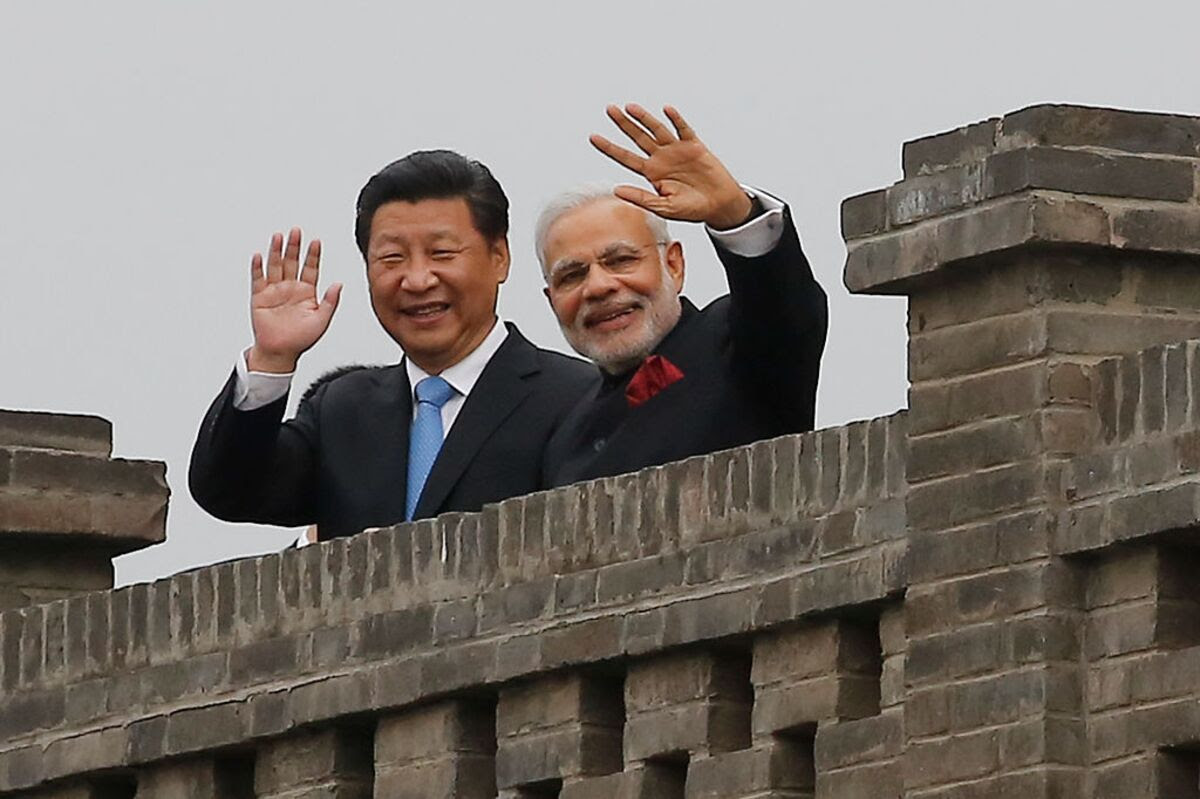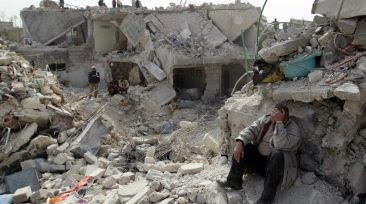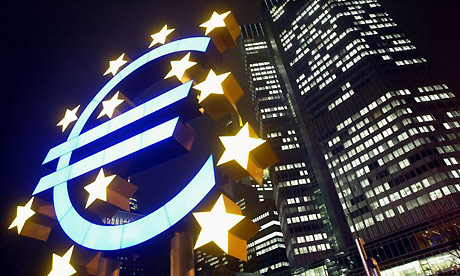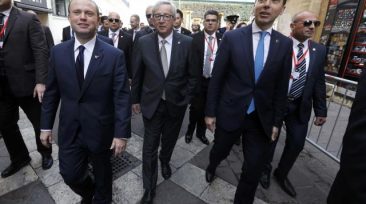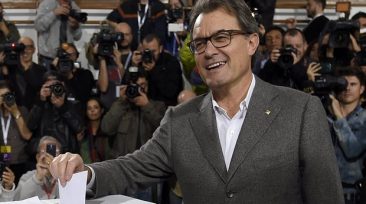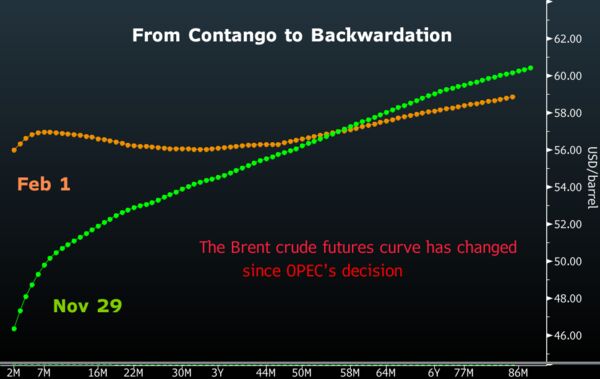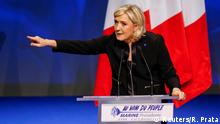
En la crisis sistémica global por la que estamos pasando, nuestro equipo, desde hace ya varios años, llama
“niebla estadística” a la incapacidad de los instrumentos que existen actualmente para medir la economía real, así como a la manipulación de estos instrumentos con el fin de hacer que los discursos políticos parezcan congruentes con los resultados (o al contrario). Si dejamos a un lado esta tentación de manipulación, esta “niebla estadística” proviene igualmente del hecho de que la economía está evolucionando profundamente, y los indicadores de ayer (PIB, desempleo, etc.) ya no son relevantes en el mundo de hoy en día. Tras algún que otro inútil intento de transformación de estos indicadores desde hace más de una década, de nuevo vemos cómo nacen nuevas iniciativas que esta vez sí prevemos sostenibles, y que generarán cierta confusión a corto plazo, antes de integrarse de aquí a 2025, bajo el liderazgo de instituciones internacionales como el G20.
Los límites de los dos indicadores estrella
Los debates y propuestas de las campañas electorales demuestran que solo cuenta la tasa de crecimiento del PIB por una parte y la tasa de desempleo por otra. No es de extrañar en un sistema en el que el trabajo, al igual que el aumento de la “riqueza”, tiene un papel central. Estos dos indicadores han orientado las políticas durante largas décadas, con resultados que pueden considerarse satisfactorios en muchos aspectos. Sin embargo, si cada punto de crecimiento es más difícil de obtener y la tasa de desempleo permanece constantemente alta, es por una razón. La sociedad está en plena transformación radical y estos dos indicadores, que no reflejan esta evolución, están empezando a quedar obsoletos. Como veremos, sus limitaciones se deben a varios factores. Está el factor estadístico por una parte, el político o ideológico por otra, pero fundamentalmente se deben al hecho de que estos indicadores, de por sí, no miden el desarrollo armonioso de una sociedad
[1]…
Ambas medidas son tan emblemáticas que, evidentemente, son objeto de una intensa presión política y de constantes comparaciones internacionales. Y ahí es donde surgen los primeros problemas. ¿Cómo pueden compararse economías que funcionan con monedas diferentes, cuyos tipos de cambio no paran de oscilar drásticamente
[2]? Ya hemos visto las pésimas consecuencias que puede tener la utilización de una referencia única, el dólar. Otro de los muchos ejemplos que podríamos dar es que EE.UU. es, de lejos, el primer país en términos de PIB nominal expresado en dólares, mientras que está por detrás de China en paridad de poder adquisitivo (PPA).
Gráfico 1 – Países clasificados según su PIB en paridad de poder de adquisición, 2014.
Fuente: The Conversation
Otro ejemplo, ¿qué sentido tiene la comparación del crecimiento del PIB en EE.UU., donde la población crece un 0,7% al año
[3], con el de la zona euro, donde la población crece solamente un 0,3% al año
[4]? ¿Por qué comparar la renta per cápita entre un país donde servicios esenciales como la educación o la sanidad cuestan dinero, y otro donde son gratuitos?
Las comparaciones relativas a la tasa de desempleo son aún más delicadas, pues los métodos de cálculo difieren entre países. Muchas veces, citamos la página web
ShadowStats por su cálculo alternativo de la tasa de desempleo en EE.UU., sin duda más fiel a la “realidad” (al menos la vivida por la mayoría de estadounidenses) y que nos da una imagen singularmente diferente del mercado laboral estadounidense…
Gráfico 2 – Tasa de desempleo en EE.UU. Rojo: oficial; gris: U6; azul: ShadowStats.
Fuente: Shadowstats.
En el caso de la tasa de desempleo, las estadísticas no miden lo que aseguran medir (o más bien, lo que entendemos comúnmente por “paro”), resultando engañosas. Lo mismo para el PIB, que no es más que un pésimo reflejo de la “riqueza” de una nación. Así, resulta todavía más perjudicial cuando estas estadísticas sirven de guía para la creación de una política económica, como por ejemplo la moderación salarial en Alemania en detrimento de sus asociados europeos, o el dumping fiscal irlandés para atraer a las multinacionales…
__________________________________________________
[1] No podemos evitar compartir con ustedes la conocida cita de Robert Kennedy sobre el PIB en 1968: “En resumen, lo mide todo, excepto aquello por lo que merece la pena vivir”.
[2] Recordemos que un dólar estadounidense valía 0,6 € a finales de 2008, mientras que ahora vale 0,94 €… ¡un aumento del 50% !
 En la crisis sistémica global por la que estamos pasando, nuestro equipo, desde hace ya varios años, llama “niebla estadística” a la incapacidad de los instrumentos que existen actualmente para medir la economía real, así como a la manipulación de estos instrumentos con el fin de hacer que los discursos políticos parezcan congruentes con los resultados (o al contrario). Si dejamos a un lado esta tentación de manipulación, esta “niebla estadística” proviene igualmente del hecho de que la economía está evolucionando profundamente, y los indicadores de ayer (PIB, desempleo, etc.) ya no son relevantes en el mundo de hoy en día. Tras algún que otro inútil intento de transformación de estos indicadores desde hace más de una década, de nuevo vemos cómo nacen nuevas iniciativas que esta vez sí prevemos sostenibles, y que generarán cierta confusión a corto plazo, antes de integrarse de aquí a 2025, bajo el liderazgo de instituciones internacionales como el G20.
En la crisis sistémica global por la que estamos pasando, nuestro equipo, desde hace ya varios años, llama “niebla estadística” a la incapacidad de los instrumentos que existen actualmente para medir la economía real, así como a la manipulación de estos instrumentos con el fin de hacer que los discursos políticos parezcan congruentes con los resultados (o al contrario). Si dejamos a un lado esta tentación de manipulación, esta “niebla estadística” proviene igualmente del hecho de que la economía está evolucionando profundamente, y los indicadores de ayer (PIB, desempleo, etc.) ya no son relevantes en el mundo de hoy en día. Tras algún que otro inútil intento de transformación de estos indicadores desde hace más de una década, de nuevo vemos cómo nacen nuevas iniciativas que esta vez sí prevemos sostenibles, y que generarán cierta confusión a corto plazo, antes de integrarse de aquí a 2025, bajo el liderazgo de instituciones internacionales como el G20.







